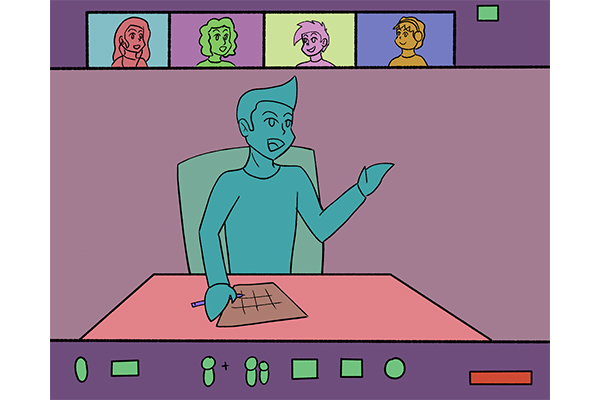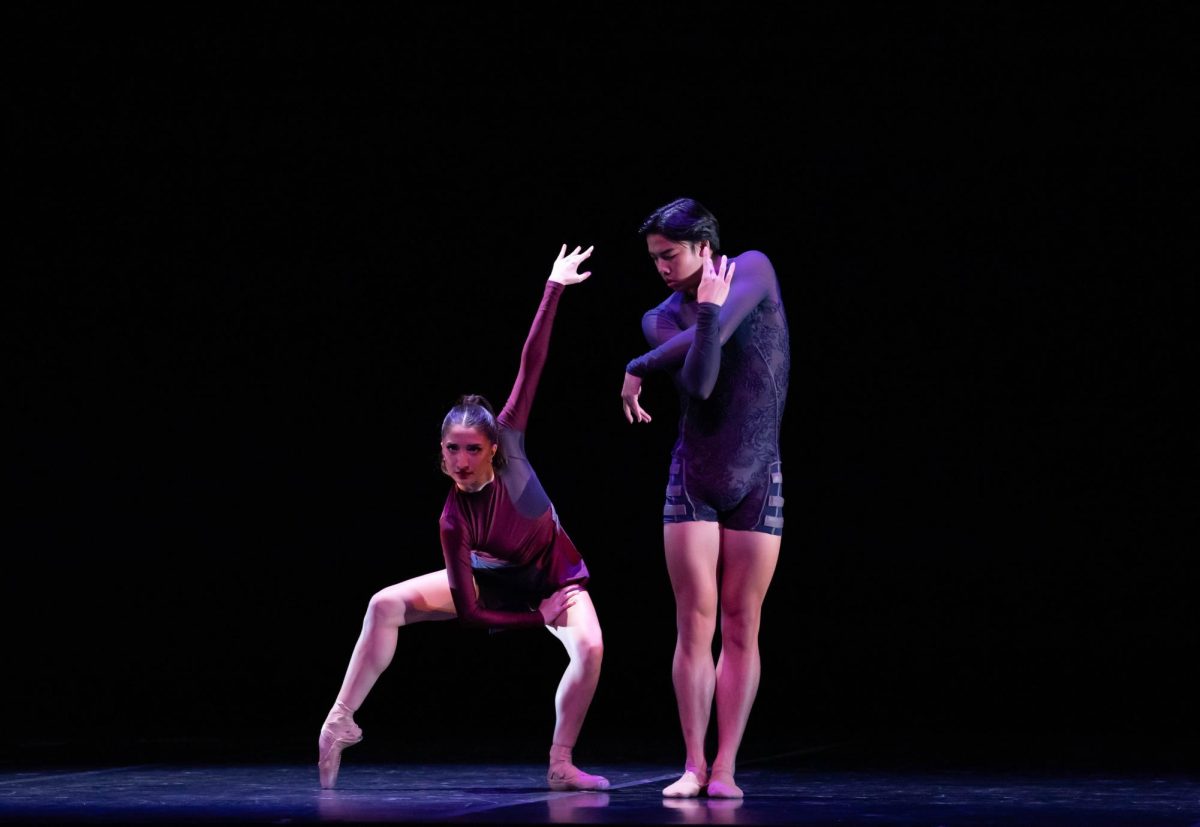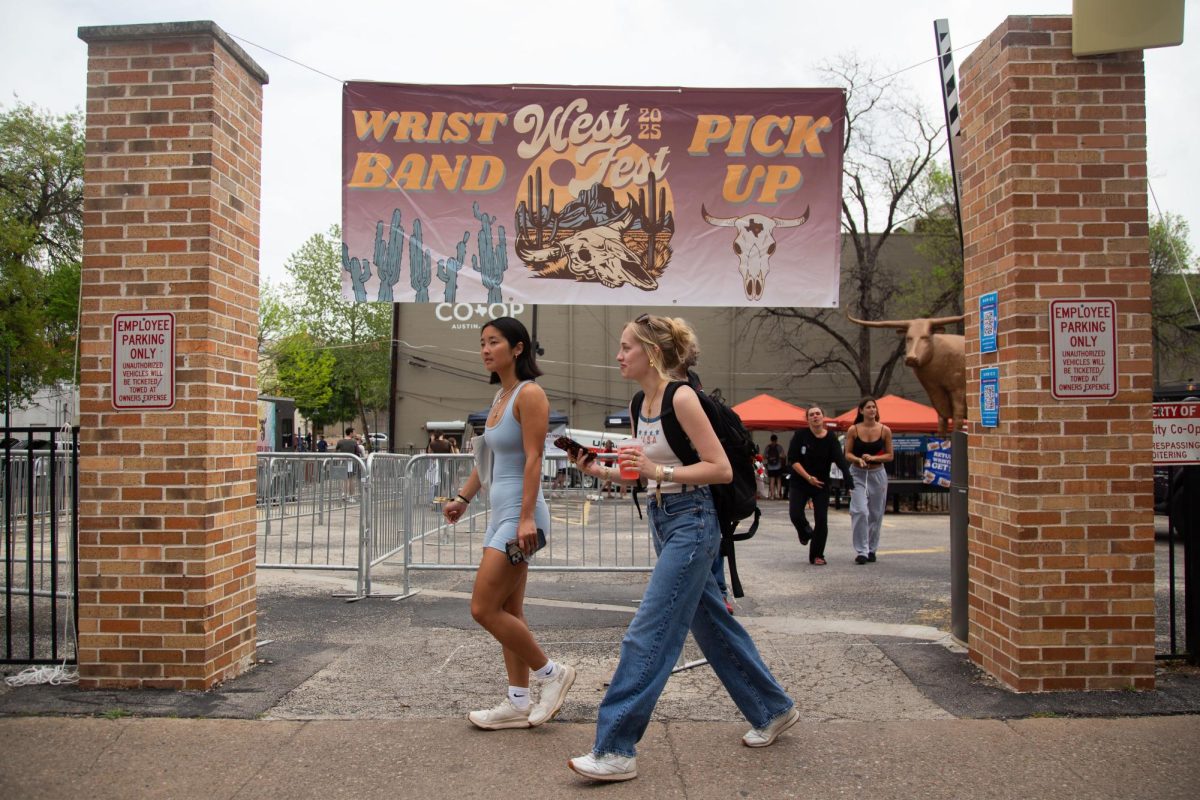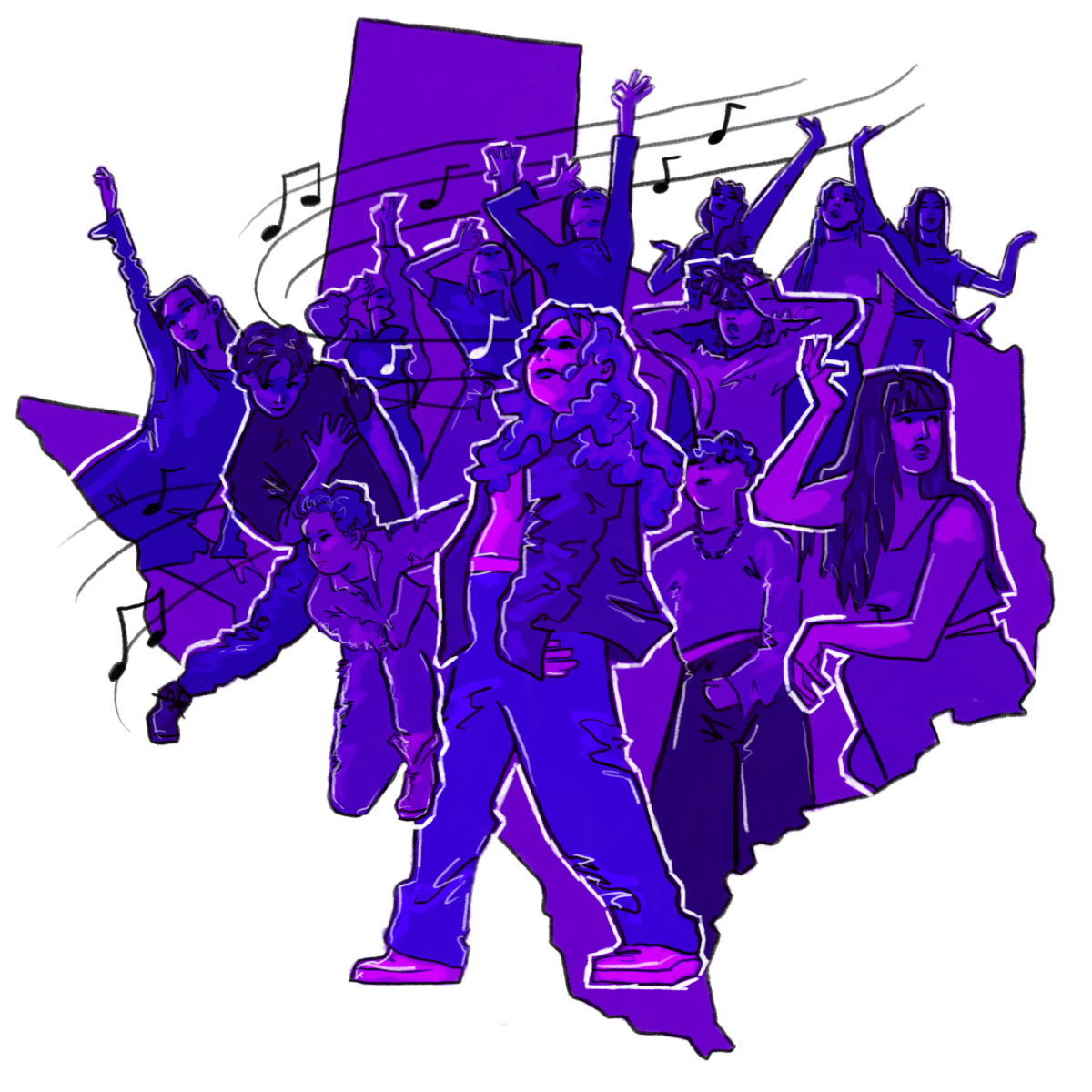Sitting around the school’s library table, Nasim Abdi’s games of Connect Four with her two mentees would often grow competitive. They would chat about their dream jobs before saying goodbye until the next week.
As the COVID-19 pandemic continues, Abdi now tries to bond with her mentees over Zoom.
Abdi is a volunteer with the Refugee Student Mentor Program, which helps about 50 refugee and asylee students adapt to their new lives in the U.S. by matching students to a mentor with the same cultural background.
“We try to match volunteers with students who have the same sort of language capabilities,” student coordinator Bryan Sitzes said. “(We want) students to be able to … connect with (mentors) at a different (level) than they're connecting with their classmates or teachers … who are from different backgrounds.”
Through mentorship organizations such as the Refugee Student Mentor Program and Project MALES, UT students use their shared personal experiences to support high and middle school students. Now, mentors only meet with students over Zoom, but they are still working to make an impact on them.
“I know that things are weird, and (the program is) probably not how it was, but it’s … such a positive experience in my life,” said Abdi, a biochemistry and art history sophomore. “It’s this symbiotic relationship where we both get a lot out of it.”
Project MALES is a student organization that pairs UT students with middle and high school boys of color in the Austin area to work through the challenges they may face as people of color.
“We know our young men face many challenges as far as overcoming the school-to-prison pipeline,” program coordinator Rodrigo Aguayo said. “We try to avoid a lot of the deficit narratives that are often portrayed around our young men, and understanding that the … structural factors in place aren't necessarily their fault.”
The organization partners with schools in the East Austin area, which Aguayo said have been historically underserved and are undergoing gentrification. Their goal is to break down systematic barriers and demystify the idea of college.
“A lot of these students are promising first generation (students),” Aguayo said. “We would have a college-for-a-day field trip … to bring our young men to campus and continue the conversation there, represented by community leaders and faculty that look like them.”
Both groups have had difficulty getting started this school year after switching to a virtual setting.
“Things are changing all the time,” Sitzes said. “AISD employees are having to react and adapt, so it just slows down communications. But that being said, everyone we've worked with has … made a sincere effort to keep things going this semester in the face of everything.”
In mid-October, Project MALES matched each of their 65 mentors with an AISD school. Currently, mentors enter classroom Zoom calls to connect with mentees.
“We have a strong team of graduate, undergraduate and (middle and high school) students so we are up to a challenge and overcoming our current situation as a familia,” Aguayo said. “We understand that times are challenging not only for us but for everyone, and times like this is when our young men need us most.”
Though both groups have had to adapt to COVID-19 regulations, they said they understand the importance of continuing their programs.
“During these times, it’s even more important to have a mentor,” Aguayo said. “Someone who will listen to you and share ideas with, as we are all going through this together.”





















